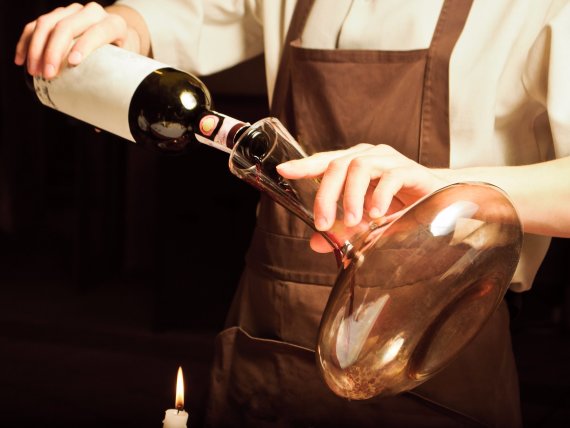
Put a box of wine in a glass decanter and do the same for a $100 bottle, throw away containers and let the night of fancy wine drinking commence because you, along with a majority of wine drinkers, could not be able to tell the difference in quality of wine.
According to a study conducted by a psychologist at Hertfordshire University revealed that when asked to distinguish between inexpensive and expensive wines, people guessed correctly just about half of the time, reports Mike Peterson, wine write for Quartz.
So most humans would have the same level of success in guessing a wine’s value if they skipped the taste test all together and just flipped a coin instead.
Yes if you happen to be a wine connoisseur you may be able to differentiate between expensive and inexpensive wine, but for most average drinkers perception trumps a taste test any day.
What does that mean? Well in Peterson notes that in a 2008 study, when people were told how much the wine costs, their reaction shifted depending on the price. The proof was in the pleasure, or rather, the region of the brain associated with it.
When drinking wines believed to be more expensive, participants had increased activity the pleasure associated region of the brain.
If you want to trick yourself into believing that you paid more for a bottle of wine than you did Peterson advises pouring your wine in a clear and classy decanter before serving, what Peterson calls a “wine perception steroid.” Then, serve wine in smaller, high-end wine glasses to allow for utmost enjoyment.
If you present the wine correctly then imagination takes control and soon you’ll believe that Franzia is a $100 bottle of luxurious wine!

